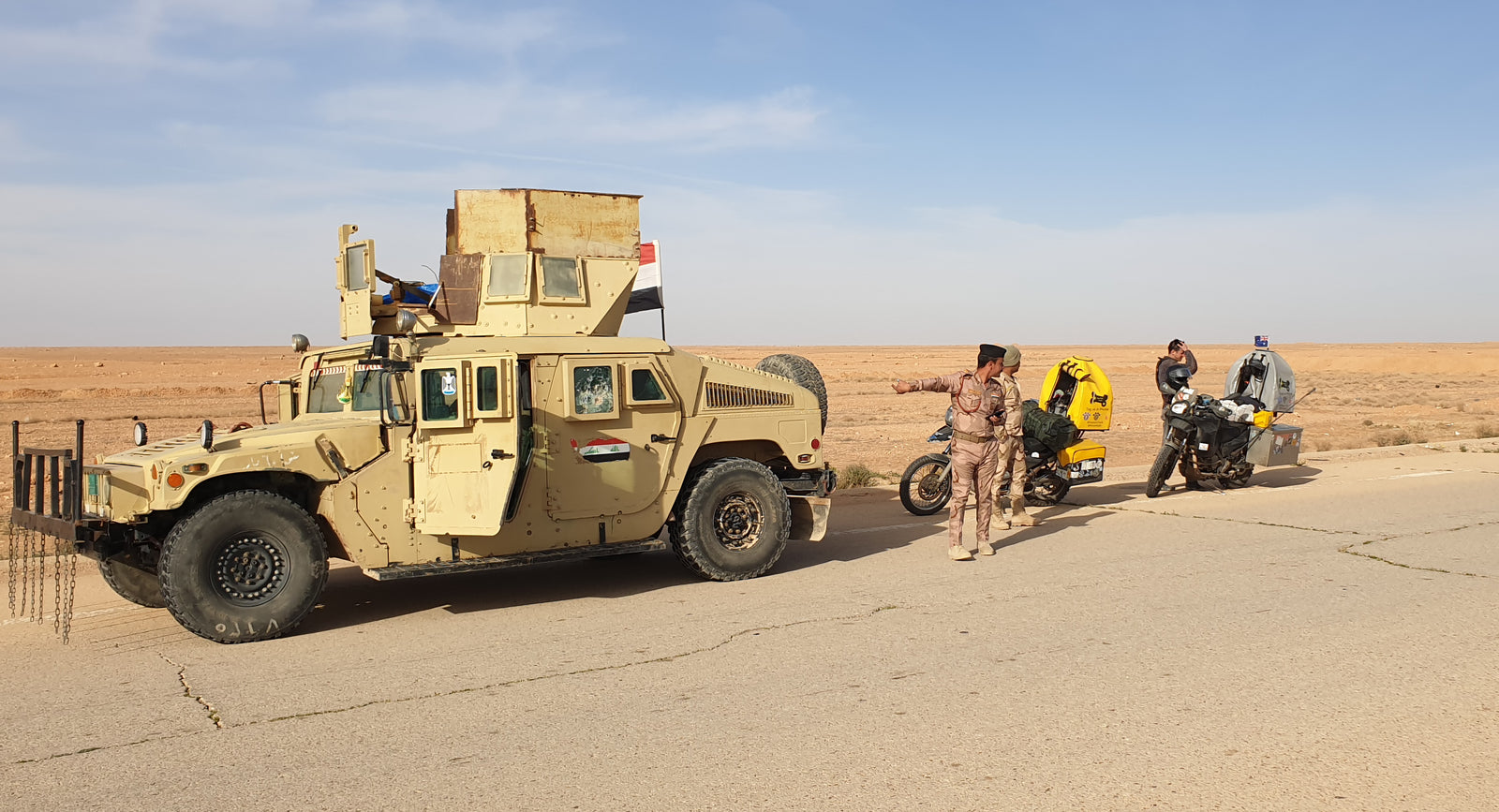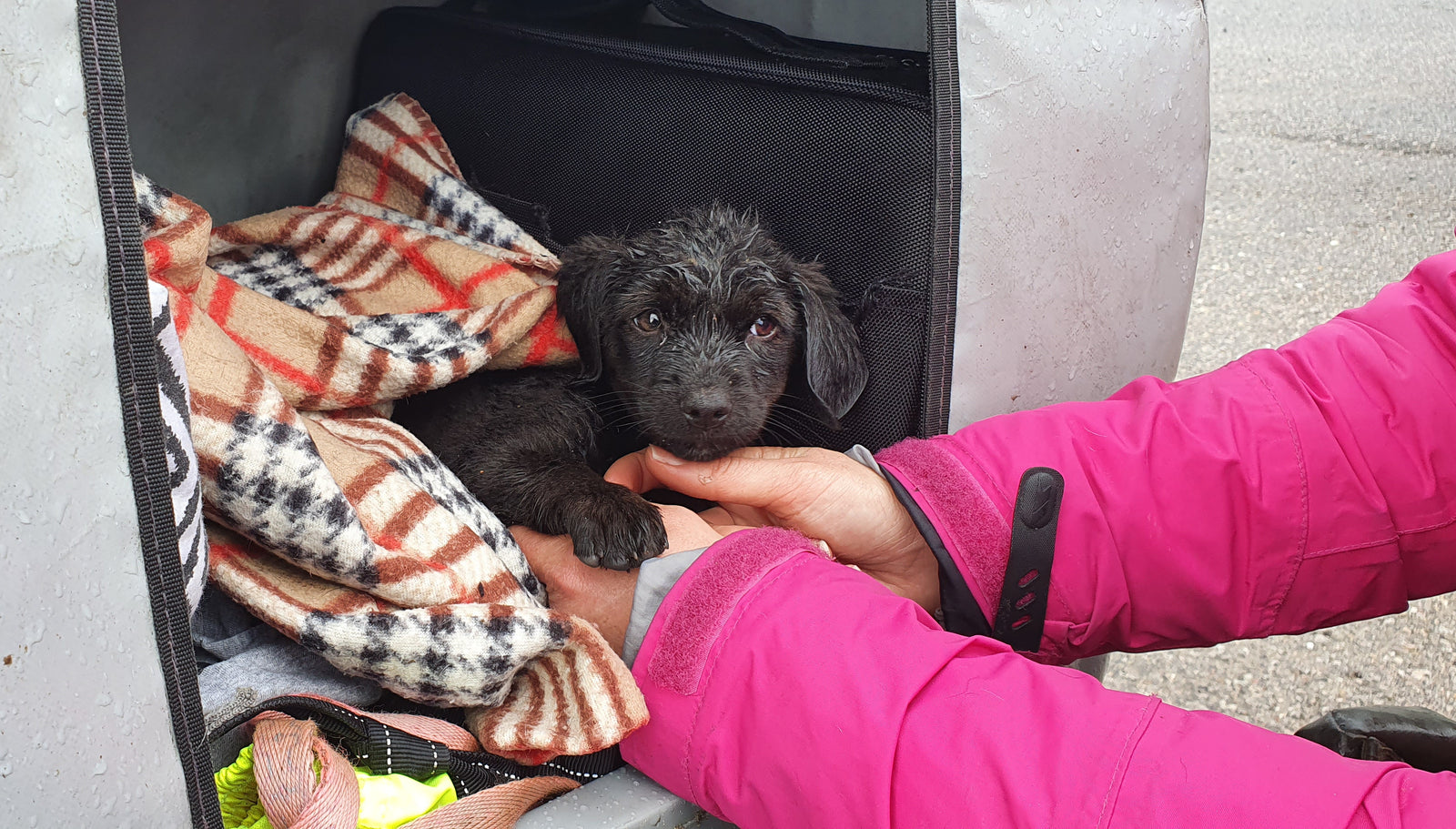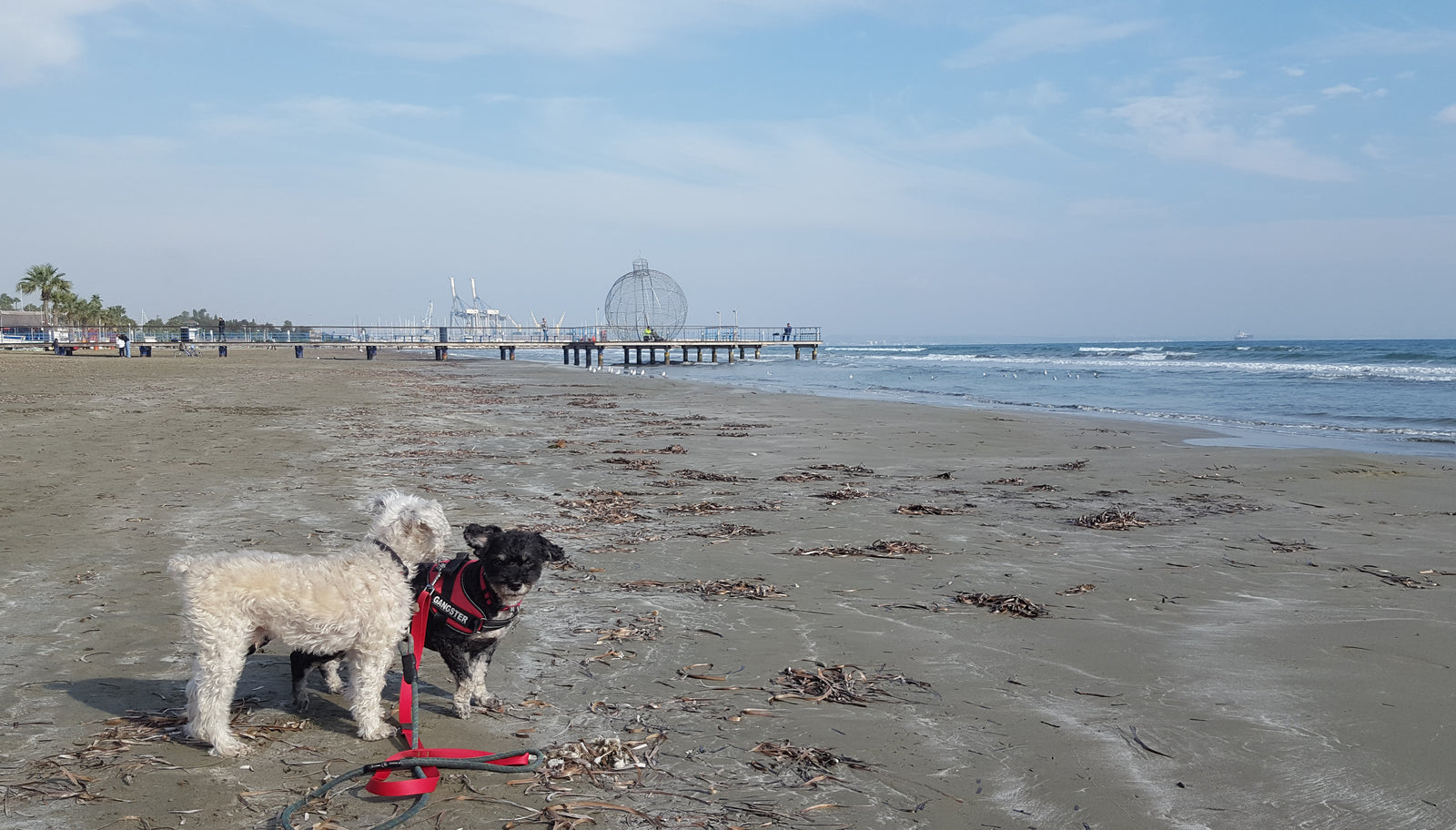Adventure Riders Wonderland
July 26, 2014
Told in the collective first person, jointly from Stu and Janell Clarke's perspective.
Narrated Audio Blog
Imagine if you will, a land where petrol is free, a night in a luxury hotel costs $5 while $10 gets you a room in a fully equipped resort. A good meal is under a dollar and a first class road network connects cities with practically no traffic. Wouldn't this be an adventure riders heaven. Would you believe us if we told you that such a place does exist? Well it does and it really is a riders paradise. As well as costing peanuts to live, it has some of the most amazing scenery and ecological sights in the world; prehistoric plateaus, beautiful waterfalls (the tallest in the world, Angel Falls, amongst them), the Amazon, the foot hills to the Andes mountain range and picturesque beaches. Where is this place? The beautiful Venezuela.

The first thing we needed to know about Venezuela was that there is a parallel currency exchange market (i.e. black market). It was actually illegal in Venezuela and they were cracking down, however, the price of everything in the country was set on this black market rate and we learned this the hard way. At the Colombian border we were offered an exchange rate from the money changers (20:1). Border crossing money changers give notoriously poor rates, so as usual, we turned them down. In hindsight we probably should have changed a little money here and negotiated a fair rate, but this would have required some knowledge of the current black market exchange rate which changes as regularly as any other. Stu experienced a similar black market exchange rate in South Sudan and from this experience was weary about changing money so as not to blow large amounts of money on a poor exchange.
With no Bolivar (Venezuelan currency) we made our way to a hotel just outside Maracaibo, near the Colombia border. The rate for a room was 200blv. Stu showed the owner $20 and he took us to his best room. By this time it was late and it had started to rain. With no internet and no idea about the current exchange rate we accepted the room which we later would learn was far too much to pay for a hotel such as this in Venezuela. Unfortunately there were no restaurants nearby, no open convenience stores and the hotel didn't serve food so we went to bed hungry and thirsty.
The next morning we set about changing the Colombian Peso's we had brought into the country. On the Internet we read that the interstate bus terminal was a good place to change money at black market rates and that we could expect a rate of up to 90:1. Google maps directed us to the supposed bus terminal which turned out to be a large market. This seemed like another good place to change money so we asked around but all that was offered was the official exchange rate of 6:1. We were left wondering if the black market exchange rate was real or just an Internet rumour. If we could locate a 90:1 rate, our money would last us 15 times longer so we decided it was well worth persevering. After leaving the market with no joy we decided to try the local hotels but again no luck. Everyone gave us directions to a bank where we knew we would only get the official exchange rate. By this stage we were extremely hungry and had used up our US Dollars for the hotel so stopped in at a McDonald's where we knew our credit card would be taken. We purchased a muffin and a small juice each, a value meal on the menu, and cost us over $20. This was reassurance that the black market exchange rate must exist and is the recognised rate used for business within the country.
After our minimal breakfast, we passed a pharmacy and decided to check if someone there could help us out. We had no luck within the pharmacy but outside a man approached us, interested in Skyla of coarse, and we explained our dilemma to him. He was able to give us directions to the bus terminal we had originally been searching. We put the coordinates into the GPS and headed off. Unfortunately the bus terminal didn't stand out along the road he had sent us. We started following signs towards the shipping wharf thinking sailors would want to change money as soon as they landed and they would demand the best rate. The wharf was a mass of people moving goods every which way. Stu was about to turn off into the busy wharf, but Janell stopped him, she was concerned that the crowds would draw pickpockets and with the amount of money we were carrying it wouldn't be a good idea to enter, even with our little security guard dog...good thinking Janell.
We had all but given up and decided to skip through Venezuela as quickly as possible eating once a day and camping on road reserves. Just as we had come to this decision, Stu saw a Taxi depot out of the corner of his eye and asked Janell to follow him. He went in and spoke to the radio operator and asked if he could help with changing some money. He called a few drivers who were happy to change a small amount, but did not have anything substantial. Eventually one of the drivers took Stu for a drive to change the bulk of the money back at the bus terminal which we had missed. Stu had to swear not disclose the details of the transaction.
During this whole ordeal, we had been operating in situations and places we were not overly comfortable with so it was extremely reassuring to know that we had with us a dog that everyone called a pit-bull and seemed to fear. She's always been protective of both us and the bikes and has a good bark to scare people off if they're loitering. As to how effective she would be against real aggression, well that's something we hope not to test.
So finally we had local currency which we had changed at 60:1 (we later learned that 65:1 was a good rate so we had done well). Immediately after the exchange we went to the nearest restaurant and ordered a feast. The best advice we can give anyone in a similar situation is to know the exchange rate before entering the country. This is information we already knew from all our previous borders, but lack of Internet prior to crossing and our rushed schedule had pushed it to the bottom of our priority list.


Venezuela was a pleasant surprise. It's quite a big country and therefore has the diversity of climate, terrain, landscape and infrastructure you'd expect. What we didn't expect were first class roads but we didn't hit these until after Maracaibo. Up to this point the road was undivided, littered with potholes and beat up fuel guzzling American muscle cars from the 70's. It honestly felt like we were in the set of a movie. One car we passed even had bullet holes! We thought perhaps the people liked the look of these old cars and had restored the inside so we took a peep at a few but the insides were most definitely the original, very worn and old fashioned.
Venezuela has a socialist government that had been in power for the past 10 years. One of the first actions of the government was to make fuel free to the people; it does have a price but it is effectively nothing. At our first stop we filled both bikes and extended range fuel tanks (80 litres in total) and it cost 7 cents, not 7 cents per litre, 7 cents total and that's what they call "free fuel" in Venezuela!!!
Obviously before leaving Venezuela and entering Brazil we wanted to fill up all our tanks, plus there isn't really anything until you get to Boa Vista which is a big city about two hours south into Brazil. To prevent non-Venezuelans from taking advantage of the "free fuel" outside the country, the fuel stations near the border all have a military presence and the attendants at the bowser's are reluctant to give out too much fuel. We queued up at one of the fuel stations and after waiting in line for over 40 minutes, were told that we could only fill our main tanks, not the extended range tanks. Even though we wouldn't have been taking any more than an average car and with copious amounts of begging we were asked to move on. So we went to the next fuel station and luckily found someone willing to fill us up to capacity, we just had to wait in line again.
As well as "free fuel", the socialist government passed a similar motion for "free electricity". This concept of giving resources (fuel and electricity) back to the people is understandable, even admirable, but it has one huge drawback...there is little consideration for the environment, evident by the excessive use of appliances and abundance of fuel guzzling cars. But who are we to judge given our history.


Venezuela was politically unstable and there was a high crime rate in various parts of the country. News reports and travel advisory websites warned of occasional protests against the government. Often these turned to violent riots in areas that are not adequately controlled by the government. There are also areas controlled by bandits who will try and stop you at gun point. These situation can be avoided. The bandits are most active at night and are concentrated around known areas. We were stopped by the police just before entering one such area and given very good advice...don't stop!!! The police seemed concerned about us and were very helpful, they encouraged us to find a hotel well before night fall and start travelling again early the next morning to get most of the riding out of the way before lunch. From our experience, the best method for avoiding violent protests is to stay away from demonstrations and large mobs, its the government they have issues with, and in general they're not interested in harming tourists but if you get too close you can easily get caught in the cross fire.
We met a lovely couple on our way to Brazil, Carlos and Maria. We told them we were headed to Manaus in Brazil for the World Cup and they insisted we ride to their house in El Callao (2 days riding) for safety as some roads we were travelling on are notorious for bandit activity. Unfortunately where they wanted to stop for the night required riding for a few hours in the dark and Janell had no headlights. The roads had been good up to this point so she agreed to continue but was not entirely comfortable with the situation. She put on her hazards and sat about 2m from Stu's rear wheel to try and utilise the light his bike was casting on the road. There was a stretch of road, about 60km, that had terrible pot-holes. We all slowed down to 80 km/h because Janell was riding blind and completely dependant on Stu telling her to "go left...keep centre...go right" to avoid some potentially catastrophic pot-holes. It was a stressful and dangerous ride and when we finally got in to a bed around 10:30pm we were asleep before our heads hit the pillow.
The next day we were all up and on the road early, eager to get to El Callao. As we rode in to El Callao we took a detour to a mechanic and good friend of Carlos who fixed Janells headlight; replaced the fuse and globe. It's always fun hanging out in a motorbike mechanics workshop, always lots to see and learn about. Finally Carlos and Maria were home, we met their beautiful family and they set us up in their guest room for the night. We got a good nights sleep ready for the last part of our journey to Brazil.



The road to Manaus was excellent, another pleasant surprise. It was surreal riding through the Amazon, you see it in documentaries and learn about it at school but never think you're going to really see it. There was no mistaking it with its dense, green, lush, rainforest vegetation. Informative new signs had recently been placed along the side of the road to excite tourists with pictures of Anacondas, Jaguars, monkeys, birds and crocodiles. We were flying along at around 110 km/h (70 mph) so unfortunately we didn't spot any native wildlife. Later in Manaus we spoke to some backpackers who had a very enjoyable Amazon experience taking a 3 day bus tour stopping through indigenous settlements, eating local food and swimming in the Rio Negro (black river).
Our first night in Brazil was spent in the city of Boa Vista. As usual, we pulled in to a fast food joint to grab a quick bite to eat and use the WiFi to look for accommodation. Just after ordering our food the sky went very dark and the heavens opened, the rain looked like it was in no hurry to move on. We attempted to call a few hotels to inquire about accommodation but no-one spoke English and our Spanish wasn't getting us anywhere either; Portuguese is spoken in Brazil. A lady sitting beside us overheard our troubles, introduced herself as Yana, and in almost perfect English, offered to escort us to some nearby hotels and translate for us. The first hotel she took us to was perfect. Yana stayed until we were settled in our room and then directed us to some local shops for supplies.


On the road the next day we made it to a very peaceful little town about 14km south of the equator. Actually, crossing the equator was almost a non-event because there was no signage and a fairly camouflaged landmark which Janell flew past as the front rider. Stuart had the advantage of the Garmin GPS so knew when to look out. It took Janell a few minutes to realise no-one was following and she turned around to see where the rest of The Pack Track had disappeared to. On closer inspection she saw the clearing and monument for the equator.

The next day we arrived in Manaus and we had the biggest smiles on our faces. What a relief and the buzz of the World Cup was everywhere. A member of the Almas Livres motoclub, and now a very good friend of ours, Elvis, met us outside the stadium on his sparkling new BMW 800GS and led us to the motorclub clubhouse which was our home for the next (nearly) three weeks. Accommodation in Manaus was expensive because of the World Cup and very difficult to find with a pet so we are very grateful to the motoclub for welcoming us and letting us use their facilities.

Venezuela was a great place to visit. The scenery truly beautiful, even by Australian standards, the road network of a very high standard, cheap to travel and the people could not be nicer. If you are considering travel to Venezuela, or any other potentially dangerous country, you seem to hear all the negatives but in the end you have to decide. Do your research, decide what sources provide good information and which don't, government travel advisory websites are always very cautious, they need to cover themselves, which tends to make them unreliable. A good idea is to read other nations advisory sites, Australia, Britain, Canada, New Zealand, South Africa and the USA all have good travel advisory websites in English and between them you can get a better picture (be advised though that travel insurance is affected by the advised status).
Even if a place is considered dangerous, it doesn't mean it should not be considered, read the fine print, it may be just a particular area or situation that needs avoiding. We all have different risk appetites and the risk is yours to accept or not, no one else's. Do, however, make sure you understand the risk and are happy with it. If you believe a 10% chance of being kidnapped is alright, then go for it, we might think you a little nuts but so be it, if a one in a million chance of tripping while you walk down the road is too much risk, then that's your choice too. Most of us are somewhere in between and which ever end of the spectrum you are is up to you. Every time you walk out the front door you are putting yourself at risk, so don't let others judge you on your choices.

Leave a comment
Comments will be approved before showing up.
Also in Dog Blog

Iraq
March 30, 2022 1 Comment

Turkey & Azra
March 30, 2022

Cyprus
January 12, 2022
Are you a Dog Person?
Do you Love to Ride?
Click below for more information on how you can take your best friend along on your next biking adventure
© 2025 The Pack Track.
Powered by Shopify